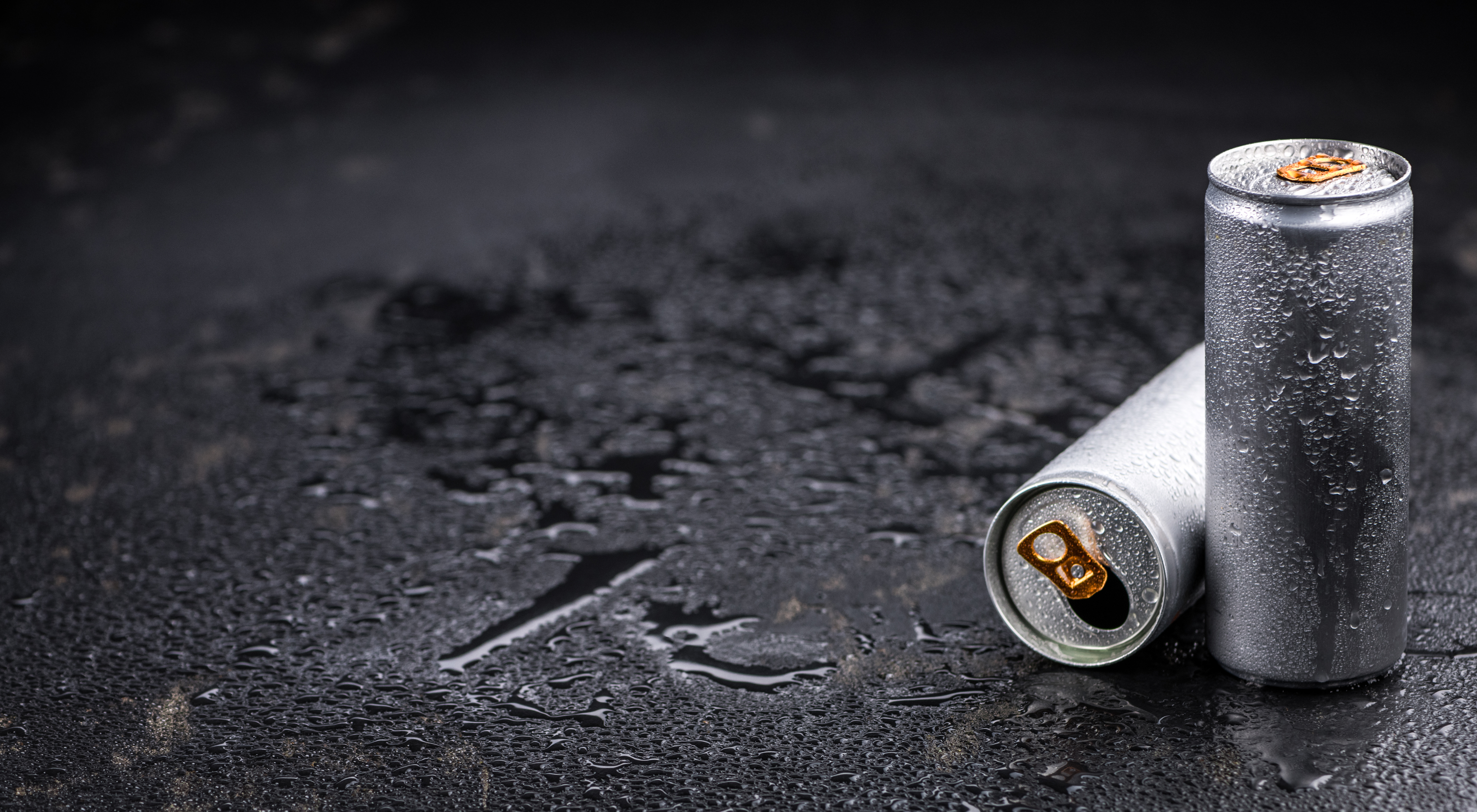“Imitation is the sincerest form of flattery that mediocrity can pay to greatness.”
Oscar Wilde (1854-1900)
The High Court in London recently considered a case where one trademark owner was far from flattered.
Background
Monster Energy Company (“Monster”) and Red Bull GmbH (“Red Bull”) both make energy drinks. Red Bull owns the work mark “RED BULL”. Monster applied to register “REG DAWG” as a trademark.
Red Bull objected under the Trade Marks Act 1994:
“[1] A trade mark shall not be registered if because—
…it is similar to an earlier trade mark and is to be registered for goods or services identical with or similar to those for which the earlier trade mark is protected…
[2] A trade mark which—
is identical with or similar to an earlier trade mark… shall not be registered if, or to the extent that, the earlier trade mark has a reputation in the United Kingdom… and the use of the later mark without due cause would take unfair advantage of, or be detrimental to, the distinctive character or the repute of the earlier trade mark. [This] applies irrespective of whether the goods and services for which the trade mark is to be registered are identical with, similar to or not similar to those for which the earlier trade mark is protected.”
On the first ground, the Intellectual Property Office (IPO) concluded that there was “no likelihood of direct or indirect confusion between the marks, even in relation to goods that are identical.” Red Bull’s objection on the second ground was, however, upheld.
Monster appealed to the High Court.
Judgment
Mr Justice Adam Johnson agreed with the conclusions reached by the IPO that there was a risk of the proposed RED DAWG mark “free-riding” on the reputation of the registered trademark of RED BULL. Consumers would associate the two.
This could give Monster an unfair economic advantage in boosting their business without incurring the costs of marketing that would otherwise have been required.
Conclusion
“It is very often the case that there are competing factors in an evaluation, and that is why a decision needs to be made. This Court should not interfere unless it is satisfied that the decision is one which clearly should not have been made. I simply do not consider this is such a case.”
Comment
Certain German supermarkets promote own brand products, which tend to mimic those of established producers. There is a fine line between similar and “unnecessarily similar”, which, once crossed, can give rise to claims such as this.


